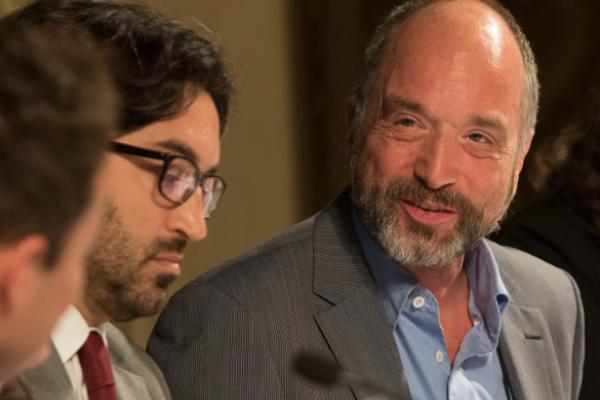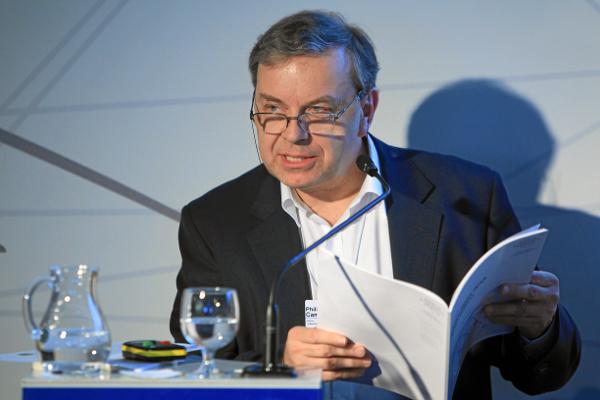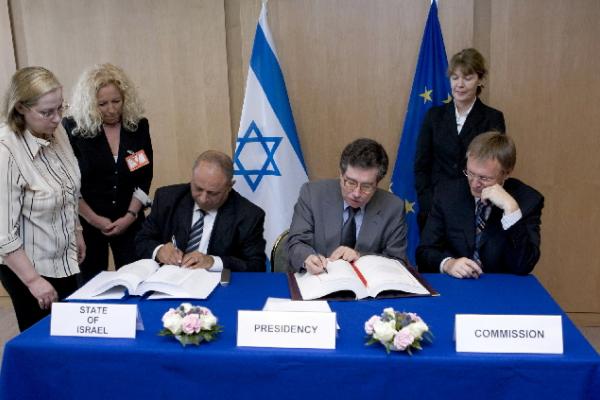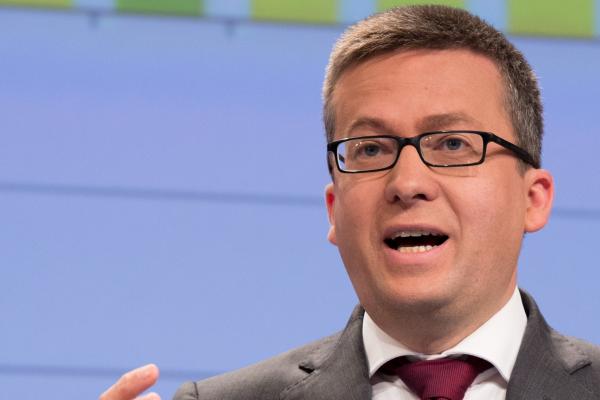The EU has announced a renewed focus on creating jobs, growth and investment as it revealed EUR 16 billion to fund research in 2016 and 2017.
European universities will be able to offer jobs directly to refugees who have a scientific background under an employment scheme aimed at helping with Europe’s refugee crisis.
Big data such as employment statistics should be used in combination with other indicators to reveal the real impact of research projects, Carlos Moedas, European Commissioner for Research, Science…
Industry, researchers and citizens will gain influence in the way regional research funding is allocated as a result of the EU's Smart Specialisation strategy, according to Dr Günter Clar, Chairman…
Young people across Europe are not politically disengaged as is commonly assumed, a research study has found.
From birdwatchers travelling across the globe to stargazers watching the planets from their bedrooms - everyone can now be a scientist.
Researchers and funding agencies will foot the cost of publishing academic papers rather than readers, as academic journals adapt to a world in which open access becomes increasingly important,…
Shortly after his appointment as European Commissioner for Research, Science and Innovation, Carlos Moedas had the opportunity to meet with his compatriot, the former long-serving Portuguese Minister…
A decrease in private sector innovation activities means that levels of innovation in the EU did not increase in 2014, according to the EU’s Innovation Union Scoreboard which was published on 7 May.
Countries in the Mediterranean need to work together to manage water resources in the face of climate change, according to Professor Ralf Ludwig, who coordinated the EU-funded CLIMB project.














